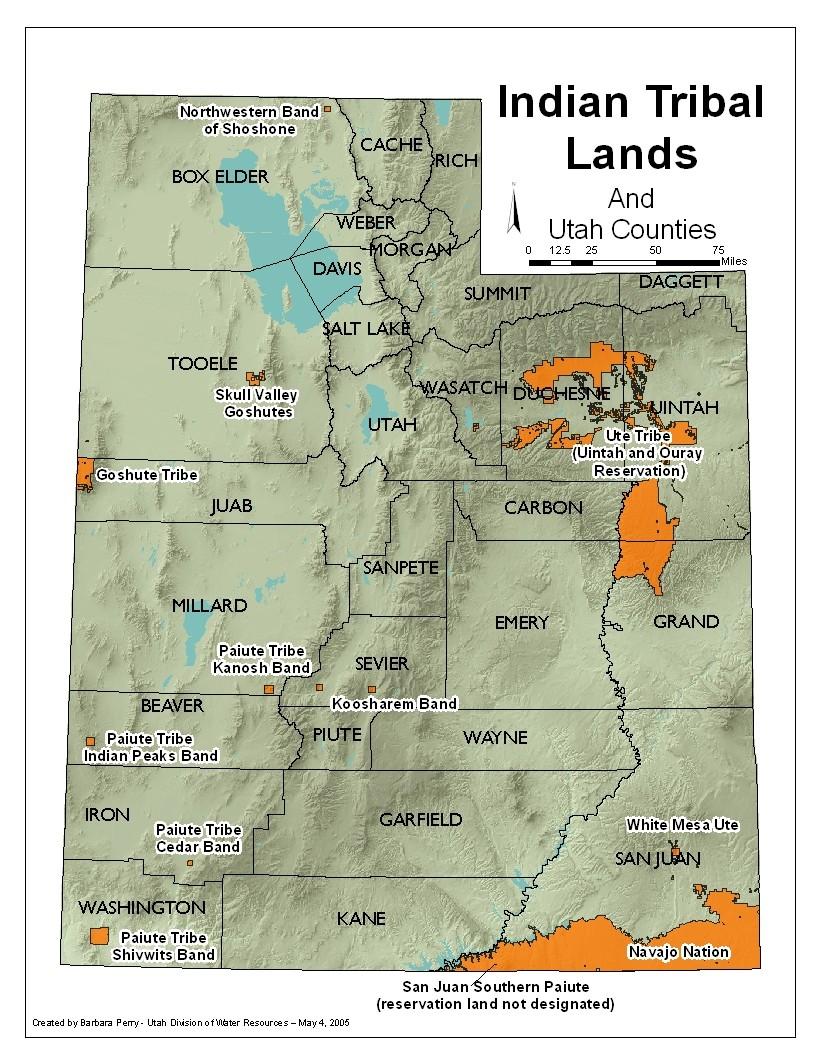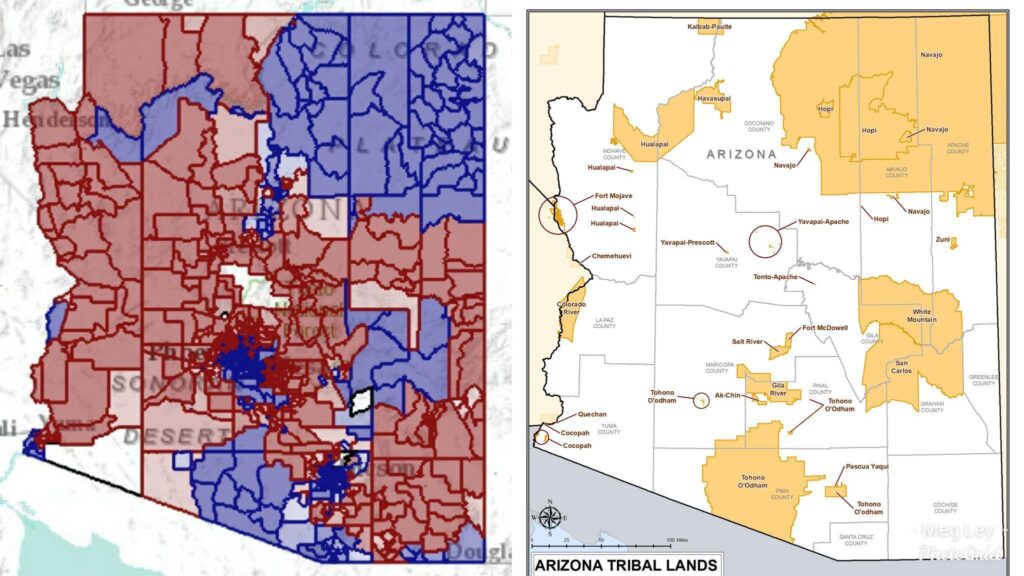In the sun-baked landscapes of Arizona, a story of perseverance and cultural resilience unfolds—a narrative etched in the patient determination of a Native American tribe. After decades of waiting, negotiating, and navigating complex legal terrains, they stand on the precipice of reclaiming ancestral lands, a journey that represents more than a mere territorial expansion. It is a testament to the enduring spirit of a people who have long fought to preserve their heritage and reconnect with the soil that holds their historical memories. After generations of patience and perseverance, the San Carlos Apache Tribe stands on the precipice of a historic land reclamation that could reshape their territorial boundaries and cultural landscape in southeastern Arizona. This potential expansion represents more than a mere geographical shift; it symbolizes a profound restoration of ancestral connections and sovereignty.
The proposed land acquisition involves approximately 2,560 acres near the town of Globe, an area rich with cultural and historical significance for the tribe. Negotiations have been ongoing for decades, reflecting the complex legal and bureaucratic challenges Native American communities often face when seeking to reclaim or expand their territories.
Federal legislation currently under consideration would facilitate this land transfer, marking a potential breakthrough in a process that has been fraught with legal and political obstacles. The proposed acquisition includes both federal and private lands, which would be transferred into tribal trust status, granting the San Carlos Apache Tribe greater autonomy and control over the territory.
Tribal leaders have consistently emphasized that this land represents more than economic opportunity; it embodies a deep spiritual and cultural connection to their ancestral homeland. The proposed territory includes critical watershed areas, potential agricultural lands, and sites of significant archaeological importance that hold profound meaning for tribal members.
Environmental considerations play a crucial role in this potential land transfer. The proposed area includes diverse ecosystems that are integral to the tribe’s traditional land management practices and ecological understanding. Local conservation experts have noted that tribal stewardship could potentially enhance regional biodiversity and sustainable land use practices.
Legal experts tracking the negotiations suggest that this potential land acquisition could set an important precedent for other Native American tribes seeking territorial restoration. The complex process involves coordination between tribal leadership, federal agencies, state authorities, and local governments.
Community members within the San Carlos Apache Tribe have expressed cautious optimism about the potential land transfer. Younger generations view this potential expansion as a critical opportunity to reconnect with traditional territories and strengthen tribal sovereignty.
The economic implications are equally significant. Additional land could provide opportunities for sustainable development, potential resource management, and enhanced tribal infrastructure. Preliminary studies suggest the acquired territory could support diverse economic initiatives while preserving cultural heritage.
As negotiations continue, the San Carlos Apache Tribe remains committed to a collaborative approach, seeking solutions that respect both tribal sovereignty and broader regional interests. This potential land acquisition represents a nuanced journey of cultural preservation, legal negotiation, and territorial restoration.
